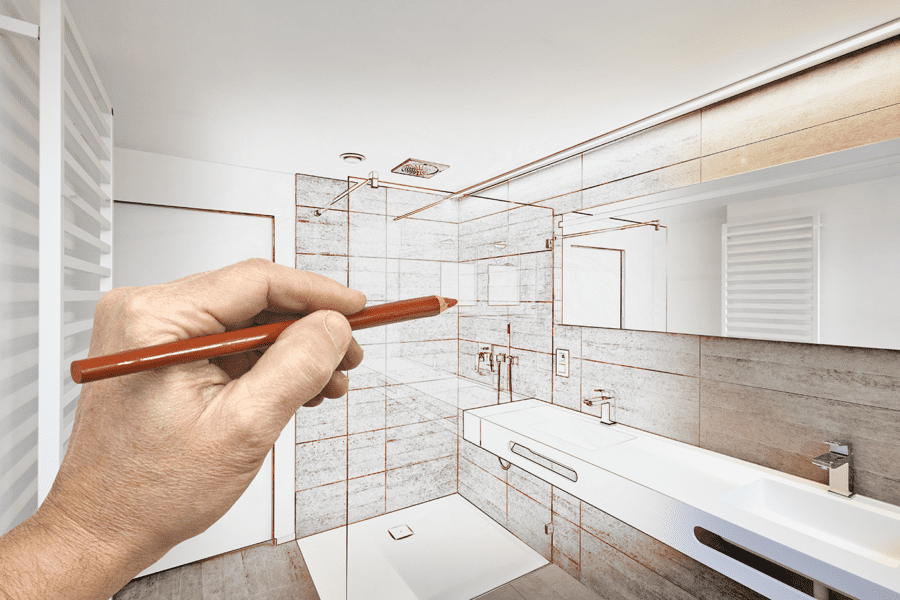FDIC-Insured – Backed by the full faith and credit of the U.S. Government
We’re Expanding! We are proud to announce that State Bank of Cochran will be joining the BankSouth family. Learn More
New to BankSouth? Start Here
FDIC-Insured – Backed by the full faith and credit of the U.S. Government
At BankSouth, we value the trust you place in us to safeguard your money and work every day to ensure you have easy and secure access whenever you need it.
BankSouth has been helping business owners launch and grow their businesses in the community for generations. Whether you’re opening a new location or expanding your existing one, we’re ready to help.
BankSouth offers immediate and easy access to your mobile and online banking. You can also apply for and review your ReadyLoan mortgage application.
Every financial situation is unique. Explore our many resources available to you to make wise decisions when it comes to managing your money.
For over ten years, BankSouth has helped thousands of families finance their homes. We know how daunting this may be, but we take the worry and hassle out of the process.

Are you looking to make your dream home a reality this year but aren’t sure whether to build new or renovate?
It’s an important decision and one that will affect the outcome of your project. Luckily, BankSouth is here to help you decide. We offer land loans, customized construction loans, HELOCs and home equity loans to help with new builds and remodeling projects in both Georgia and South Carolina. Read on for more information about building vs. renovating a home in Georgia.
In the real estate market, there are many options for prospective buyers. One of these is to purchase an existing home and renovate it to suit one’s individual needs. This process can be a great way to save money, increase property value, and create a space that is perfect for the buyer. Let’s take a closer look at some of the advantages of renovating existing homes.
The cost savings associated with renovating an existing home are significant compared to building from scratch or buying a brand-new home. The labor required to build a new house is much more than what is needed for renovations, as well as the materials used in construction. This can mean big savings over time when you make improvements to an existing home instead of starting anew.
Renovations can also add value to your property. Making changes or upgrades can improve the livability and comfort of your home, as well as its market value. Additionally, since most renovations come with warranties from suppliers, you will have additional peace of mind knowing that you have quality materials installed in your home that are covered under warranty should something go wrong down the line.
A home renovation project can be a great way to add value to your property and improve your quality of life. But, how will you pay for it? Depending on the size of the project, you may need to consider taking out a home equity loan or a HELOC (Home Equity Line of Credit). Let’s explore both options to see which one might make more sense for you.
These two options have similar structures but slightly different uses. The main difference between them is that with a HELOC, you can draw from an available line of credit whenever you need it (up to an approved limit). With a Home Equity Loan, however, you take out the entire amount in one lump sum when the loan is approved–and make regular payments until it’s paid off entirely; this makes this type of loan better suited for larger projects such as building an addition onto an existing house or taking on a major renovation project.
A home equity loan is a type of loan in which you borrow against the value of your house. The lender will calculate the amount of money that you can borrow by taking into account your credit rating, income, and existing debts. The total amount that you can borrow will depend on how much equity (the difference between what your house is worth and how much money is owed) you have in it. Once approved, you will receive a lump sum payment that can be used for whatever purpose you need it for, including home renovations. One of the main benefits of using a home equity loan for renovating your home is that these loans usually have lower interest rates than other types of financing options like personal loans or credit cards. Since home equity loans are secured by the value of your property, they are generally easier to qualify for than unsecured loans* and often feature longer repayment terms—which means lower monthly payments—than other forms of financing. What’s more, any interest payments made on these loans may even be tax-deductible! Check with your tax professional for more information about tax benefits.
Another way to finance a home renovation project is with a home equity line of credit (HELOC). A HELOC allows you to borrow against the equity in your home, giving you access to funds for the renovations you have been dreaming about. The lender will approve you for an amount based on the equity in your home, among other factors, and this amount can be used for anything from renovations to debt consolidation. The lender will also set up a repayment schedule that outlines when payments must be made and how much they must be each month. The interest rate on HELOCs can be variable or fixed, depending on the terms and what type of loan you are seeking. The best part about a HELOC is that you only pay back what you borrow, very similar to credit cards. You can take out as much or as little as you need.
Whether you’re renovating your existing home or buying a home to renovate, a home renovation has many advantages Renovations can save you money on labor and materials, increase property value, and allow you to customize your space without starting from scratch with a brand-new home build.
Building a new home can be an exciting and rewarding experience. You get to choose the layout, materials, and finishes that best fit your family’s needs and tastes. Plus, you don’t have to worry about inheriting any costly repairs or renovations from previous homeowners. But there are other advantages of building a new home that you may not be aware of. Let’s look at some of these benefits.
Building a new home can save you money in the long run due to energy efficiency features and fewer maintenance costs associated with older homes. By investing in high-efficiency windows, HVAC systems, appliances, and insulation when you build, you can reduce your monthly energy costs significantly over time. And since everything will be brand-new when the house is finished, you won’t have to worry about costly repairs for years (and potentially even decades).
When building from scratch, you get to customize every aspect of your home—from the exterior design to the interior layout. You also get to choose which materials and finishes go into your dream home. This means that if you want hardwood floors throughout or ceramic tile in the bathrooms—you can make it happen! You also have more control over where windows are placed so that your home gets plenty of natural light while saving on energy costs year-round. Even position your home in the direction where you get more morning light than the harsh afternoon sunlight!
If you’re considering building a new home for yourself or your family, weigh all these factors carefully before making any decisions. With careful research and planning, building your dream home with BankSouth is within reach!
Construction loans are used specifically for financing the building of a new home, and they usually have higher interest rates than traditional mortgages. This is because construction loans are considered riskier investments since there is no physical property (yet) that can be used as collateral if something goes wrong during the building process. As such, banks require more stringent qualifications when approving these types of loans, such as higher credit scores and larger down payments for example.
Another difference between construction loans and traditional mortgages is that you will need to pay interest only on the amount you borrow during different stages of construction. This means that instead of paying interest on your entire loan amount upfront, you will only be required to pay interest on whatever portion of the funds that have been disbursed from the construction loan account thus far. This makes these loans more appealing in terms of monthly payments and helps ensure that you don’t end up paying too much in interest over time – all while allowing you to bring your dream home into reality one step at a time.
Deciding between building vs renovating can be difficult since each has its own advantages and disadvantages depending on your budget and personal preferences. However, BankSouth offers several solutions for either option so that you can make your real estate dreams come true! Contact us to inquire more about our land loans, construction loans, HELOCs and home equity loans today.
*Credit and collateral are subject to approval. Terms and conditions apply.
View our latest news and get the latest industry updates on our blog.



